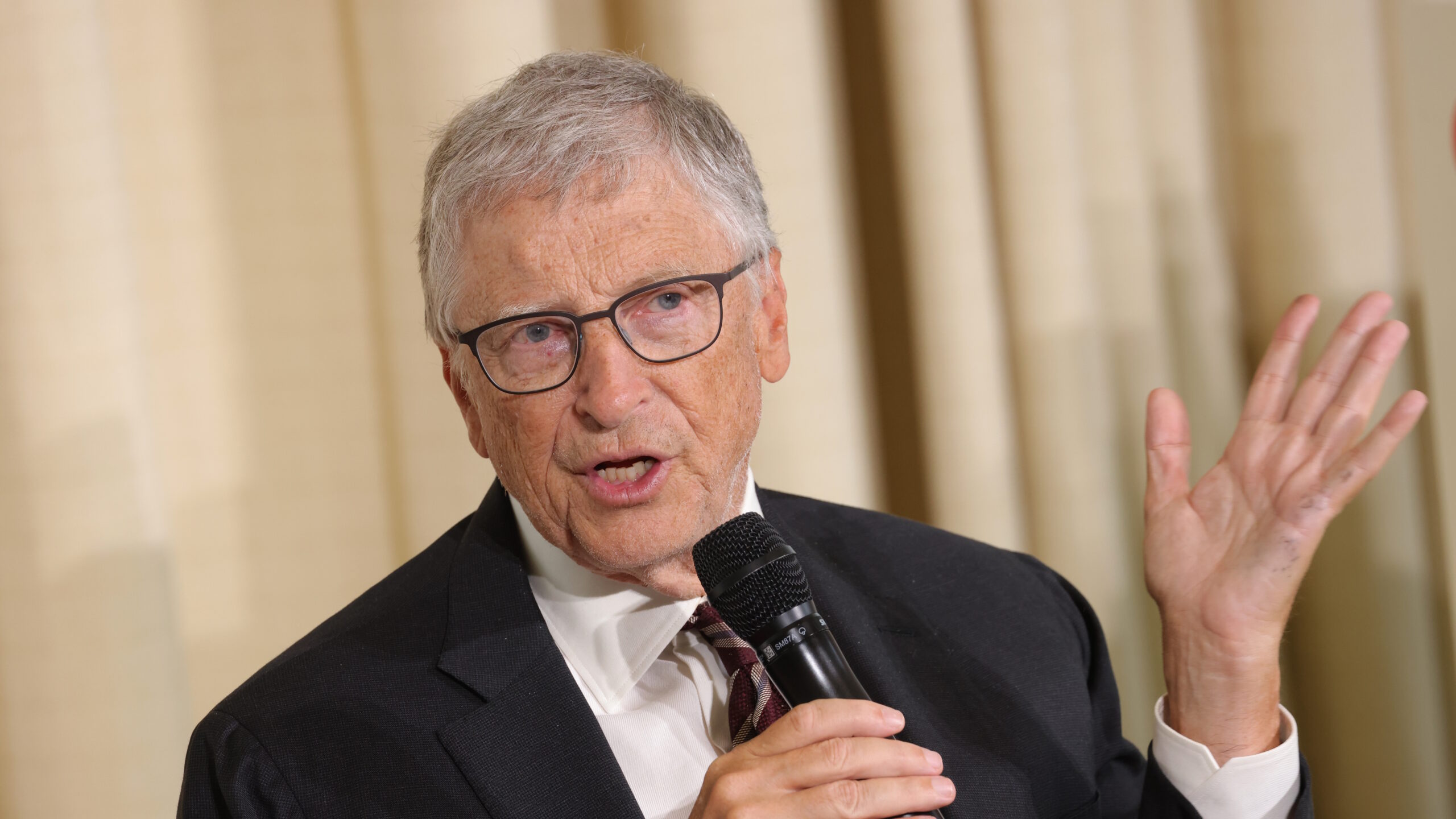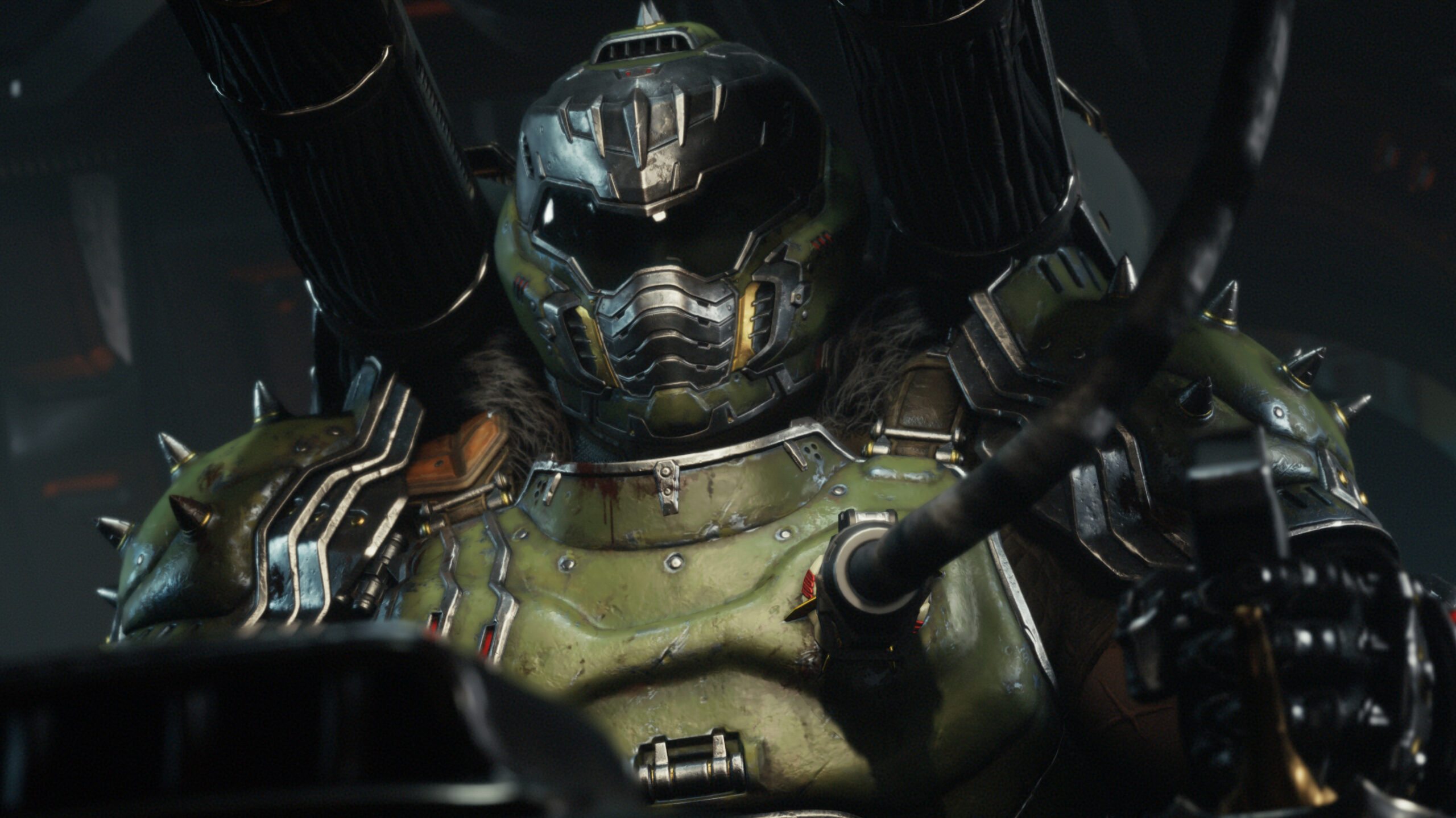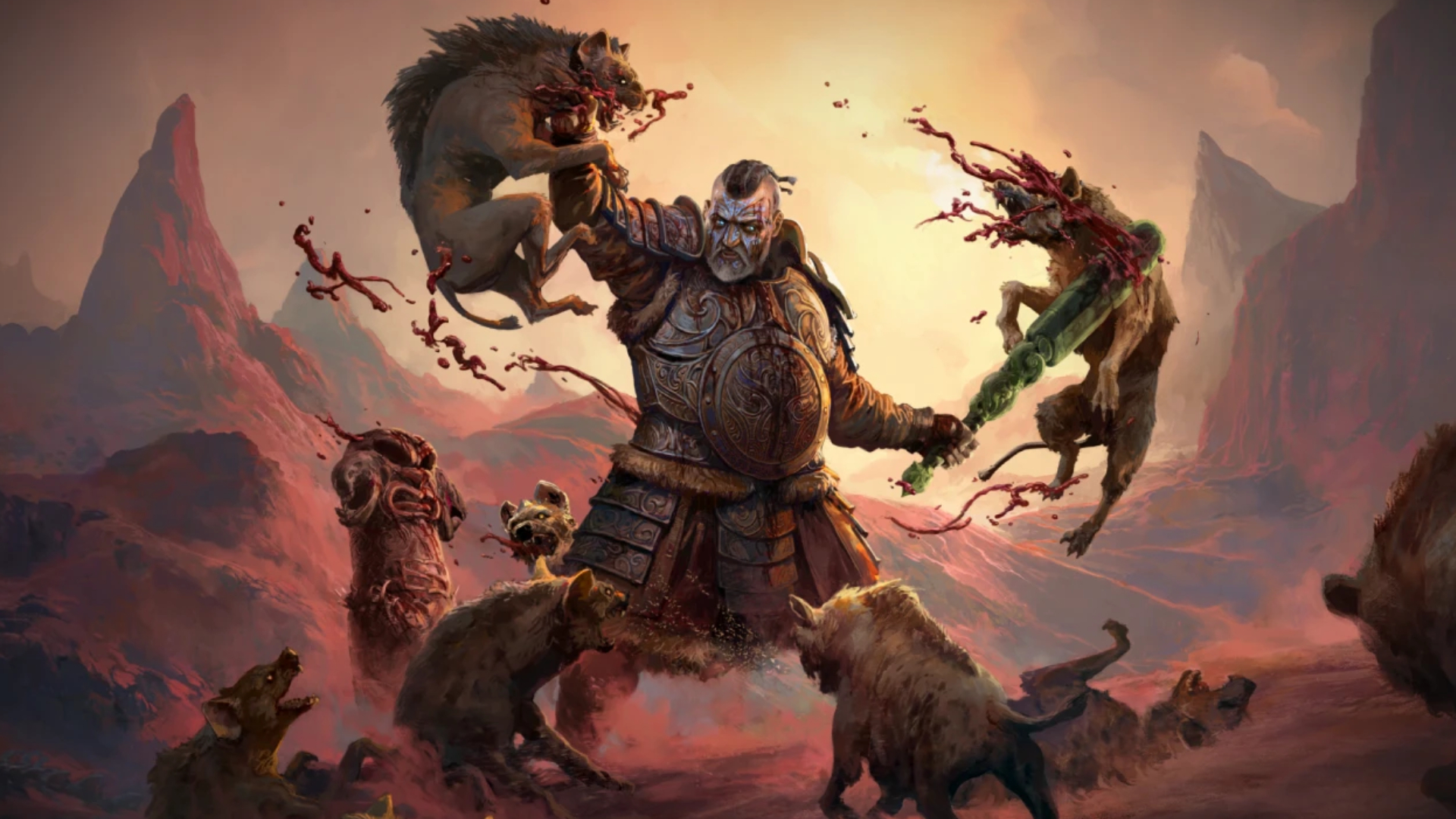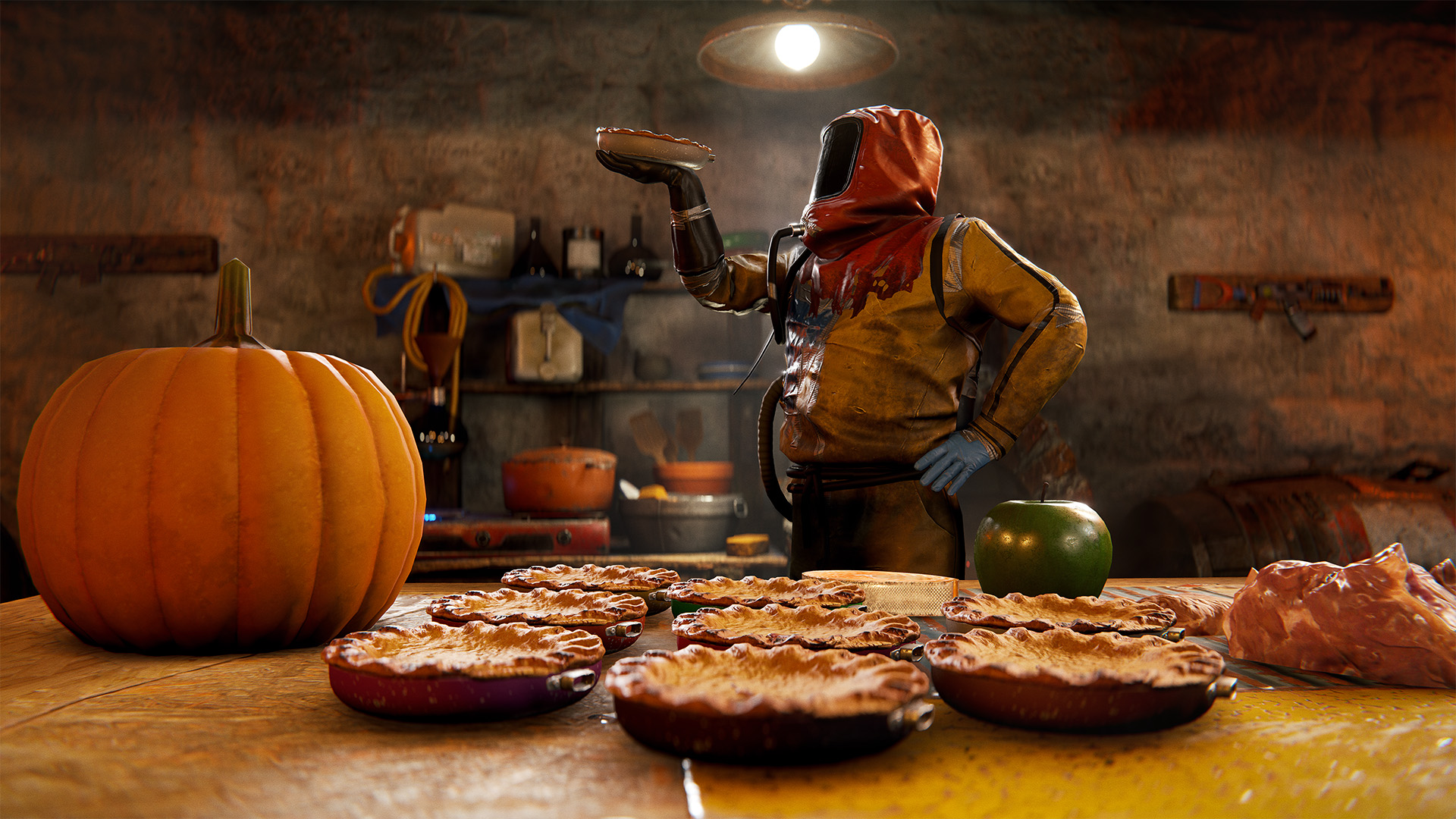Bill Gates’ autobiography, Source Code, was published today, and the Microsoft co-founder and philanthropist has hit the interview circuit. The BBC has a new interview with Gates, during which he reveals some new numbers on his charitable foundation, his main focus in the decades since stepping down from Microsoft in 2008. “I’ve given over $100 billion,” Gates says, “but I still have more to give.”
Gates credits his mother Mary with his philanthropic focus, because alongside his early successes she regularly told him that “with wealth came the responsibility to give it away.” Mary also constantly tried to sand off Gates’ less sociable side: She was once so fed-up with the mess in his room that she began confiscating any clothing she found on the floor, and charging the young entrepreneur 25 cents to get it back. The young Bill Gates’ response? “I started wearing fewer clothes.” But despite his rebellions, Gates now thinks “the crucible of my ambition was warmed through that relationship.”
Gates estimates that he’s put around $60 billion into The Gates Foundation, which since 2006 has also received enormous contributions from Warren Buffett, and even such an awesome sum has made little discernible difference to his life.
“I made no personal sacrifice,” says Gates. “I didn’t order less hamburgers or less movies.” Bloomberg’s Billionaires Index estimates Gates’ total fortune to be in the region of $160 billion, the vast majority of which will be donated, with a small amount reserved for Gates’ three children: “In absolute, they’ll do well, in percentage terms it’s not a gigantic number.”
In his new memoir Gates for the first time says that, if he was growing up today, he reckons he’d be diagnosed on the autism spectrum. The book mentions his ability to hyperfocus, his obsessive behaviours, his poor social skills, and his sister Kristi recalls “he was not a normal kid… he would sit in his room and chew pencils down to the lead.”
While Gates is happy to admit that might be the case, he doesn’t see the point in seeking a formal diagnosis at this stage in his life. “The positive characteristics for my career have been more beneficial than the deficits have been a problem for me.”
Getting back to the present day, Gates is asked about how his fellow tech billionaires have been cosying up to President Donald Trump: Jeff Bezos, Elon Musk, and Mark Zuckerberg are among those to have donated to and, in some cases, get actively involved with the new administration. “You can be cynical” about this, says Gates, but says he had a three-hour dinner meeting with Trump in December “because he’s making decisions about global health and how we help poor countries, which is a big focus of mine now.”
Asked about the current struggle to distinguish between truth and junk information online, most recently brought into focus by Meta’s decision to abandon fact-checking, Gates says he’s not “that impressed” by what’s going on but also doesn’t have the answers. “I don’t personally know how you draw that line, but I’m worried that we’re not handling that as well as we should.”
What about someone like Robert F. Kennedy Junior becoming US health secretary, with his wacky ideas about vaccines? A straight answer: “He’s misleading people.”
Gates reckons part of the problem is the type of online networks we’ve constructed. “Social networking, even more than video gaming, can absorb your time and make you worry about other people approving you,” says Gates. He also thinks Australia’s new ban on social media for teens under the age of 16 is “a smart thing.”
The BBC interview The Making of Bill Gates is available on iPlayer in the UK, and sees Gates returning to some of his early Seattle haunts to reminisce about his childhood. Source Code: My Beginnings is available now.











